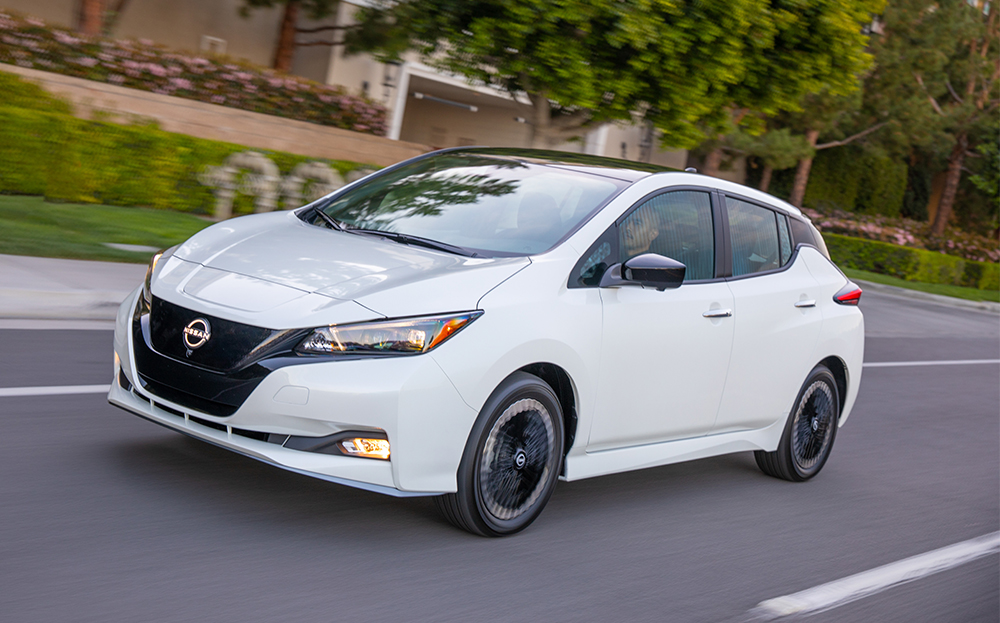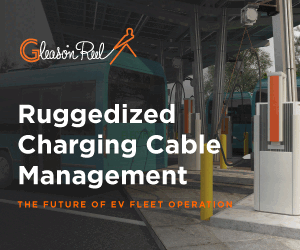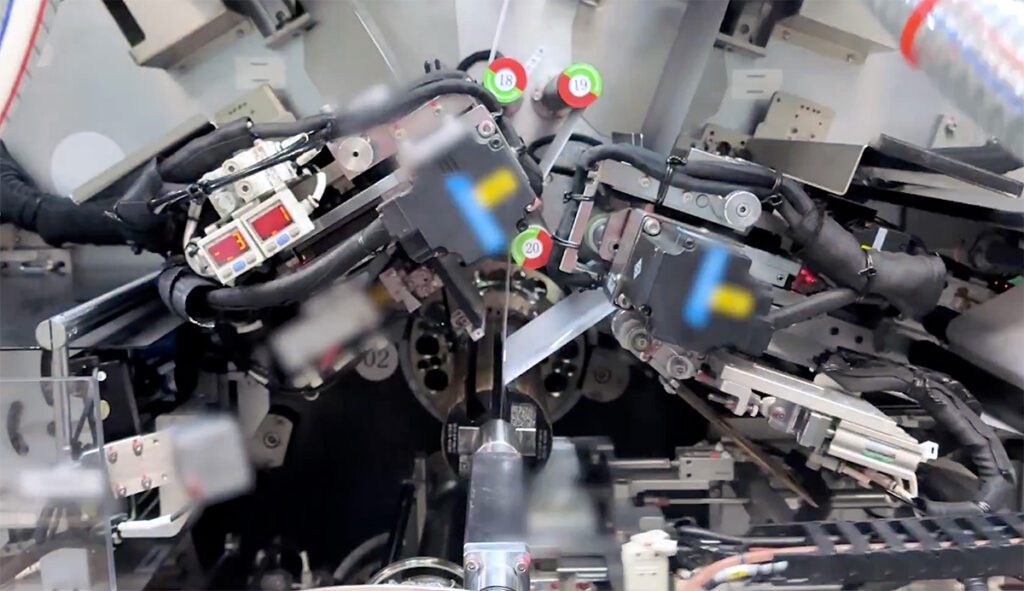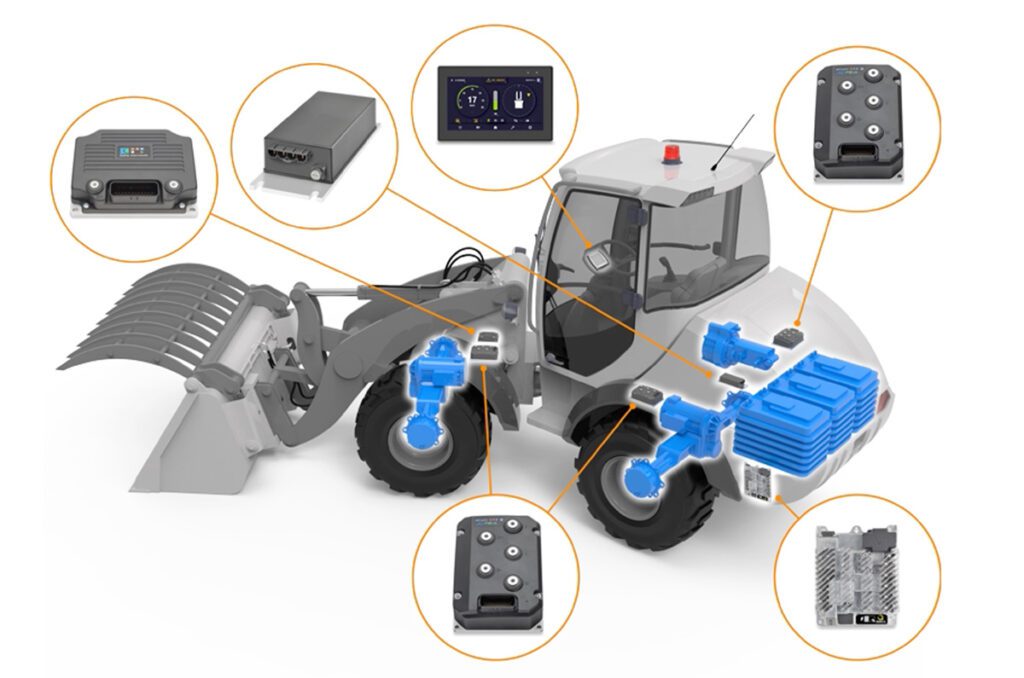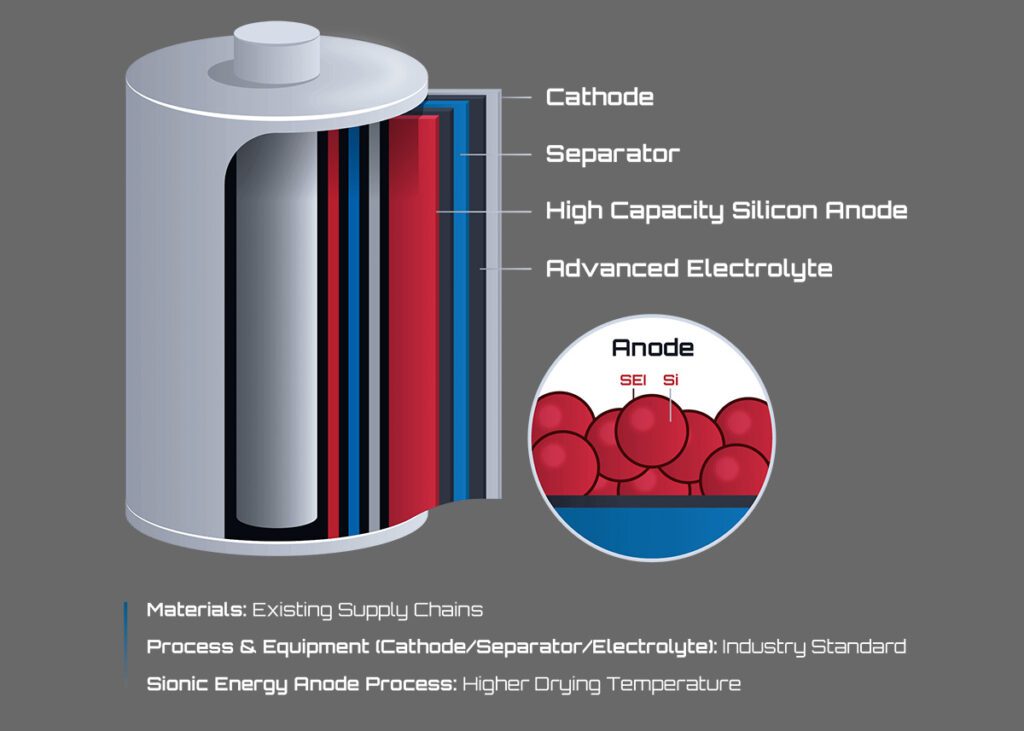The beleaguered English auto industry got some good news this week, as Nissan and its partners announced plans to invest some £2 billion to build three electric car models at its Sunderland factory, which employs about 6,000 workers (and indirectly supports thousands more).
To support the new EV production, a new battery gigafactory will be needed—a third gigafactory. Nissan’s partner, battery builder AESC, is already operating a factory with a capacity of 1.8 gigawatt hours (GWh) per year adjacent to the Sunderland car plant, and is building a second site with 9 GWh annual capacity nearby. The company is in the advanced planning stages for a third facility that could reach 35 GWh—that’s enough for around 600,000 cars, equal to the Sunderland plant’s maximum annual production.
Nissan will invest £1.12 billion on preparing its UK facilities and supply chain for the new models and training its workforce. Investment in the new gigafactory will bring the total to around two big ones.
The Unite union said the plan “secures the long-term future of the site and the thousands of skilled well-paid jobs it supports.”
Alan Johnson, Nissan’s Senior VP of Manufacturing and Supply Chain, told the BBC that the UK “can be a competitive place for car production, but…the surrounding environment—energy costs, infrastructure, local government [and] national government support—needs to be right for it to work.”
The UK government is expected to contribute around £100 million in funding for Nissan’s project, and potentially another £100 million for the gigafactory.
The UK’s car industry has struggled with uncertainty since the Brexit vote in 2016. In particular, starting next year, there will be a 10% tariff on cars sold between the UK and EU unless at least 45% of their components are made in the UK or the EU. Execs from Nissan and other automakers have urged the UK government to renegotiate the tariffs. Mr. Johnson said that Nissan exports 80% of the vehicles made at its Sunderland plant, “so of course exportation is critical to our success.”
Prime Minister Rishi Sunak and Chancellor Jeremy Hunt recently visited the factory and met with Nissan CEO Makoto Uchida. Sunak called the investment “a massive vote of confidence in the UK’s automotive industry, which already contributes a massive £71bn a year to our economy.”
Yes, this is the same Sunak who threw the UK auto industry into turmoil in September when he decided to delay a phase-out of new petrol and diesel car sales by 5 years, to 2035, and who has overseen a steady watering-down of his own party’s previous environmental pledges.
Nissan said in September that it would stick to its previously-announced plan of going all-electric by 2030.
Makoto Uchida has rejected the idea that the shift to EVs will cost jobs. “It doesn’t mean if we transform to EV that we don’t need a workforce,” he said, adding that the company wanted more suppliers to be based in the UK.
A bipartisan group of MPs recently warned that it isn’t the transition to EVs, but rather the failure to increase battery production in the UK, that threatens jobs. A recent report from the UK Parliament’s Business and Trade Committee forecasts that the UK will need 100 GWh of annual battery manufacturing capacity by 2030. At present, announced plans would deliver only about half that amount.
Labour MP Liam Byrne, who chairs the committee, said: “We risk the industry simply relocating to Europe or the US or becoming reliant on imports from China and elsewhere. That imperils 160,000 jobs and a jewel in the UK’s industrial crown. Now is the time to act.”
Sources: BBC, The Guardian







